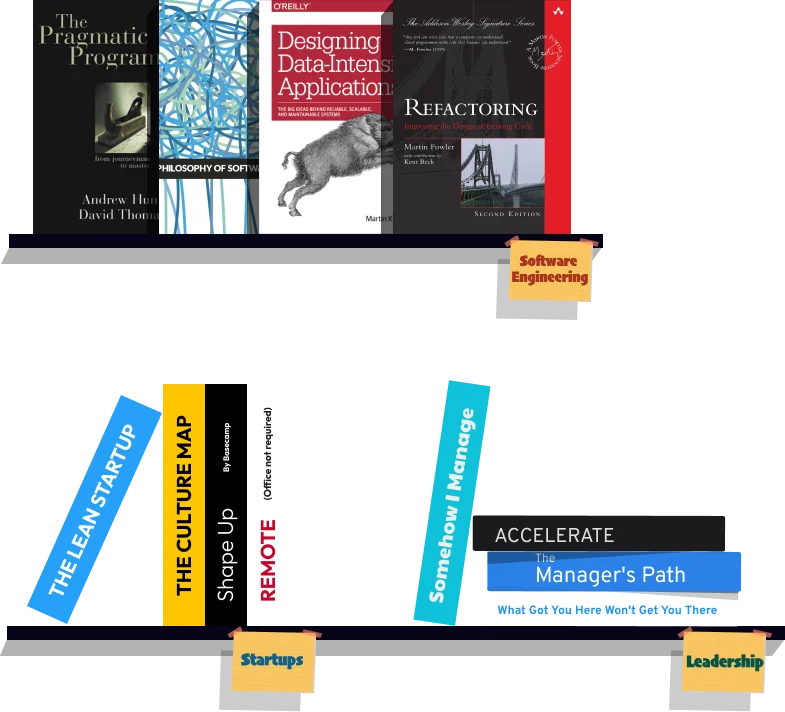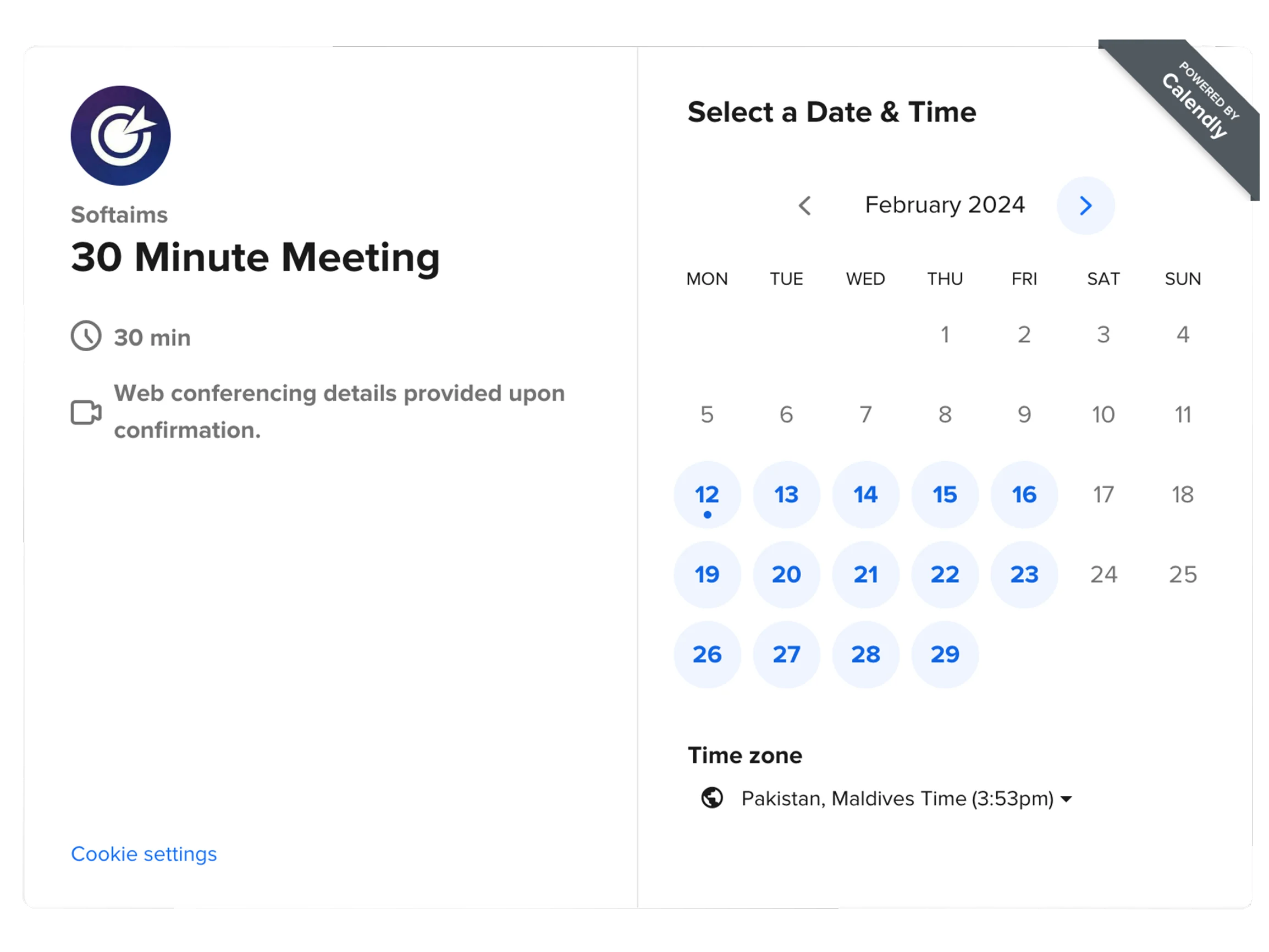The Power of a Complete Framework with Angular
An Angular developer is a front-end or full-stack engineer who specializes in building complex, high-performance, and scalable single-page applications (SPAs) using Google's comprehensive web framework. They leverage Angular's opinionated structure and rich set of built-in tools to create robust and maintainable enterprise-grade applications.

Hiring an Angular developer means bringing in an engineer who thrives in a structured, consistent, and feature-rich development environment. Their expertise is crucial for large-scale projects where a standardized architecture, long-term maintainability, and a consistent development workflow across a large team are paramount.
Expertise in TypeScript
First and foremost, a proficient Angular developer must be an expert in TypeScript. Angular is written in TypeScript, and the entire framework is designed to take full advantage of its features. A candidate must have a deep, practical understanding of TypeScript's static typing system, including interfaces, classes, generics, and decorators.
This strong typing is what allows for the creation of self-documenting, less error-prone, and highly maintainable code. A developer who can write clean, strongly-typed code like interface User { id: number; name: string; } is a developer who can build a robust and scalable Angular application that is easier to refactor and debug.
The Core Concepts of Angular
A developer must have a solid grasp of the core architectural concepts of Angular. This includes a deep understanding of the building blocks of an Angular application: Modules (@NgModule) for organizing the application, Components (@Component) for building the UI, and Services for sharing business logic.
Furthermore, they should have mastered the concepts of data binding (one-way and two-way), dependency injection for managing services, and the use of directives to manipulate the DOM. This foundational knowledge is essential for building a well-structured and efficient Angular application.
Component-Based Architecture
The ability to create and manage a complex hierarchy of components is a fundamental skill for an Angular developer. They must be skilled at breaking down a large UI into small, reusable, and encapsulated components. This includes defining a component's HTML template, its CSS styles, and its TypeScript logic.
A key aspect of this is understanding component communication. An expert developer must be proficient at using the @Input() decorator to pass data down from a parent component and the @Output() decorator with an EventEmitter to send data back up. This pattern is crucial for creating a loosely-coupled and maintainable component tree.
Reactive Programming with RxJS
One of the most powerful and distinctive features of Angular is its deep integration with the RxJS (Reactive Extensions for JavaScript) library. A top-tier Angular developer must be proficient in reactive programming and have a solid understanding of Observables. They need to be able to manage asynchronous data streams for everything from HTTP requests to user events.
This includes knowing how to use common RxJS operators like map, filter, and switchMap to transform and combine data streams. For example, using the async pipe in a template (*ngIf="data$ | async as data") to handle observable subscriptions automatically is a hallmark of an experienced developer who writes clean and memory-safe code.
Routing with The Angular Router
For building single-page applications, a robust client-side routing solution is essential. A candidate must have a mastery of the powerful built-in Angular Router. This includes defining routes, handling route parameters, and creating nested routes for complex UIs with multiple outlets.
An advanced developer will also be skilled at implementing lazy loading for feature modules, which is a critical performance optimization that splits the application into smaller chunks that are only loaded when needed. They should also have experience with route guards for implementing authentication and authorization logic.
Handling Forms in Angular
Nearly every web application includes forms for user input, and Angular provides a powerful system for managing them. A developer must be proficient in both of Angular's form-building strategies: template-driven forms for simpler use cases and reactive forms for more complex, scalable scenarios.
For reactive forms, they should be able to create a form model using FormGroup and FormControl, implement custom validators, and handle form submission and state changes reactively. This skill is crucial for building robust and user-friendly data entry experiences.
The Angular CLI and Tooling
The Angular Command Line Interface (CLI) is an essential tool that dramatically speeds up development and enforces best practices. A proficient Angular developer must be an expert user of the Angular CLI. This includes using commands to generate new projects, components, services, and other application building blocks (e.g., ng generate component my-component).
They should also be comfortable using the CLI to build, serve, and test their application, as well as to manage different build configurations for development and production. The CLI is a fundamental part of the professional Angular workflow.
State Management
While simple applications can manage state within services, larger and more complex applications often require a dedicated state management solution. A well-rounded Angular developer should have experience with a state management library like NgRx, which is based on the Redux pattern, or a simpler alternative like NGXS.
This involves understanding the concepts of a central store, actions, reducers, and selectors to create a unidirectional data flow. This pattern makes the application's state predictable and easier to debug, which is a major advantage in large-scale enterprise applications.
Testing in the Angular Ecosystem
Angular has a strong focus on testability, and a professional developer must be committed to writing high-quality automated tests. They should have hands-on experience with the testing tools that are integrated into the Angular ecosystem, primarily Jasmine for the testing framework and Karma for the test runner.
They must be skilled at writing both unit tests for their services and component tests using the TestBed utility to test a component's behavior and its interaction with its template. For end-to-end testing, experience with a tool like Protractor or, more commonly today, Cypress is highly valuable.
How Much Does It Cost to Hire an Angular Developer
The cost to hire an Angular developer is competitive, reflecting the framework's strong position in the enterprise application space. The key factors influencing salary are the developer's geographic location, years of experience, and their proficiency with the broader Angular ecosystem, including TypeScript and RxJS.
Salaries in North American and Western European tech hubs are typically the highest. The following table provides an estimated average annual salary for a mid-level Angular developer to illustrate these global variations.
| Country |
Average Annual Salary (USD) |
| United States |
$120,000 |
| United Kingdom |
$80,000 |
| Germany |
$78,000 |
| Canada |
$90,000 |
| Australia |
$88,000 |
| Poland |
$55,000 |
| Ukraine |
$52,000 |
| India |
$38,000 |
| Brazil |
$48,000 |
| Spain |
$60,000 |
When to Hire Dedicated Angular Developers Versus Freelance Angular Developers
Hiring a dedicated, full-time Angular developer is the best choice for building and maintaining large-scale, long-term enterprise applications. The structured and opinionated nature of Angular lends itself well to large teams and complex projects. A dedicated team member can ensure consistency, enforce best practices, and contribute to the long-term architectural vision.
Hiring a freelance Angular developer is a more tactical approach, perfect for short-term projects or for augmenting an existing team. This is a great model for building a specific feature module, modernizing an older AngularJS application, or getting expert help to solve a particular problem related to performance or state management. Freelancers provide specialized skills on demand.
Why Do Companies Hire Angular Developers
Companies, especially large enterprises, hire Angular developers for the framework's stability, scalability, and comprehensiveness. Angular is a complete, "batteries-included" platform that provides a standardized and opinionated solution for everything from routing to state management. This ensures that large teams of developers are all working in a consistent and predictable way.
Furthermore, Angular's use of TypeScript and its focus on a robust, component-based architecture make it ideal for building complex applications that need to be maintained and scaled over many years. This focus on long-term maintainability and enterprise-grade features makes Angular a trusted choice for mission-critical business applications.
In conclusion, hiring a top-tier Angular developer requires finding an engineer who not only understands the framework's comprehensive feature set but has also fully embraced its structured and opinionated philosophy. The ideal candidate will combine mastery of TypeScript and RxJS with deep expertise in Angular's core architectural concepts, from components and routing to its powerful CLI and testing tools. By prioritizing these skills, organizations can build disciplined teams capable of creating the robust, maintainable, and scalable single-page applications that modern enterprises depend on.



































